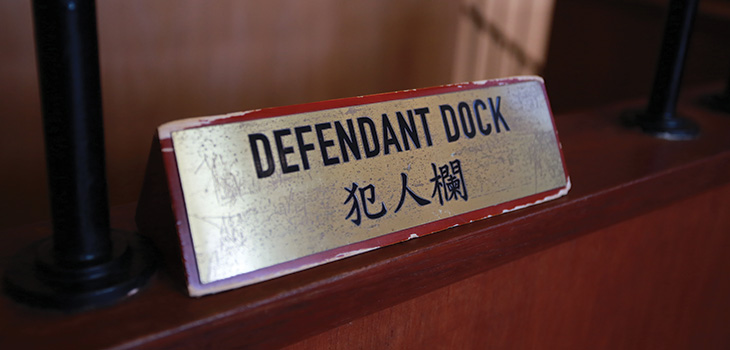
- The recent Privy Council decision in DPP v Durham renders prosecutorial decisions reviewable on the ground of illegality. Irrationality and abuse of process do not amount to exceptional circumstances for judicial review.
- In practice, judicial review has no role when challenging criminal prosecutions. Such challenges should be raised in the trial.
In its latest decision on the reviewability of prosecutorial decisions in Trinidad and Tobago, DPP v Durham [2024] UKPC 21, the Privy Council reiterated its decision in Sharma v Brown-Antoine [2006] UKPC 57, thus rendering judicial review virtually irrelevant when challenging criminal prosecutions.
Both decisions maintained that such challenges be conveniently and effectively raised in the trial and determined by the criminal court (see also Mohit v DPP [2006] UKPC 20).
The decision in Durham again endorsed the Fijian supreme court decision in Matalulu v DPP [2003] 2 HKC 457 as representing the applicable law. Nevertheless, the Privy Council









